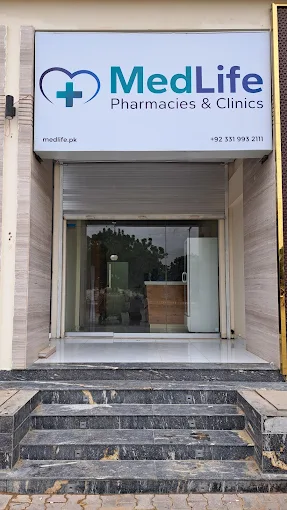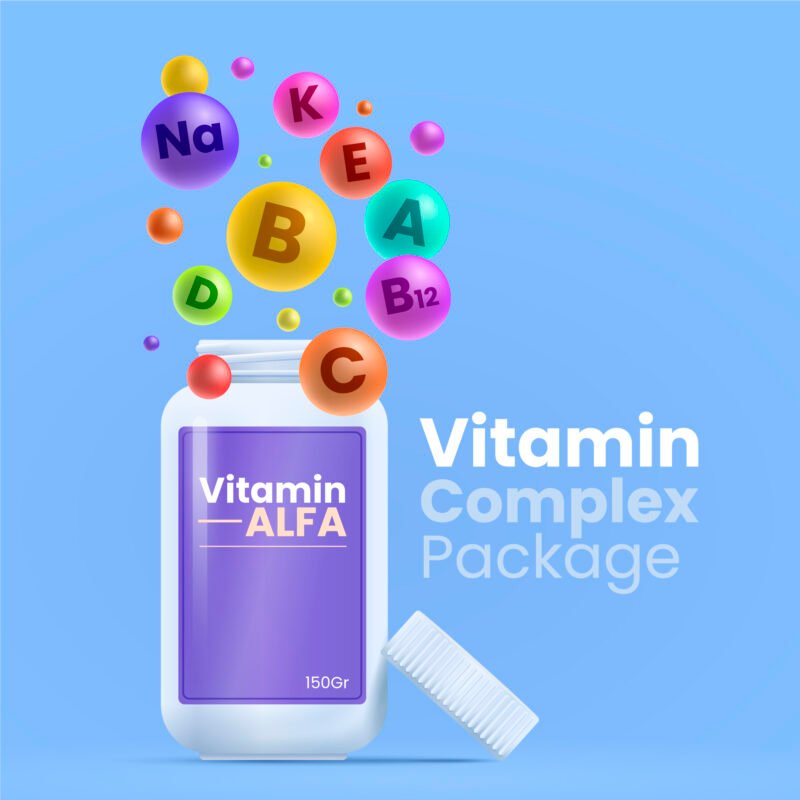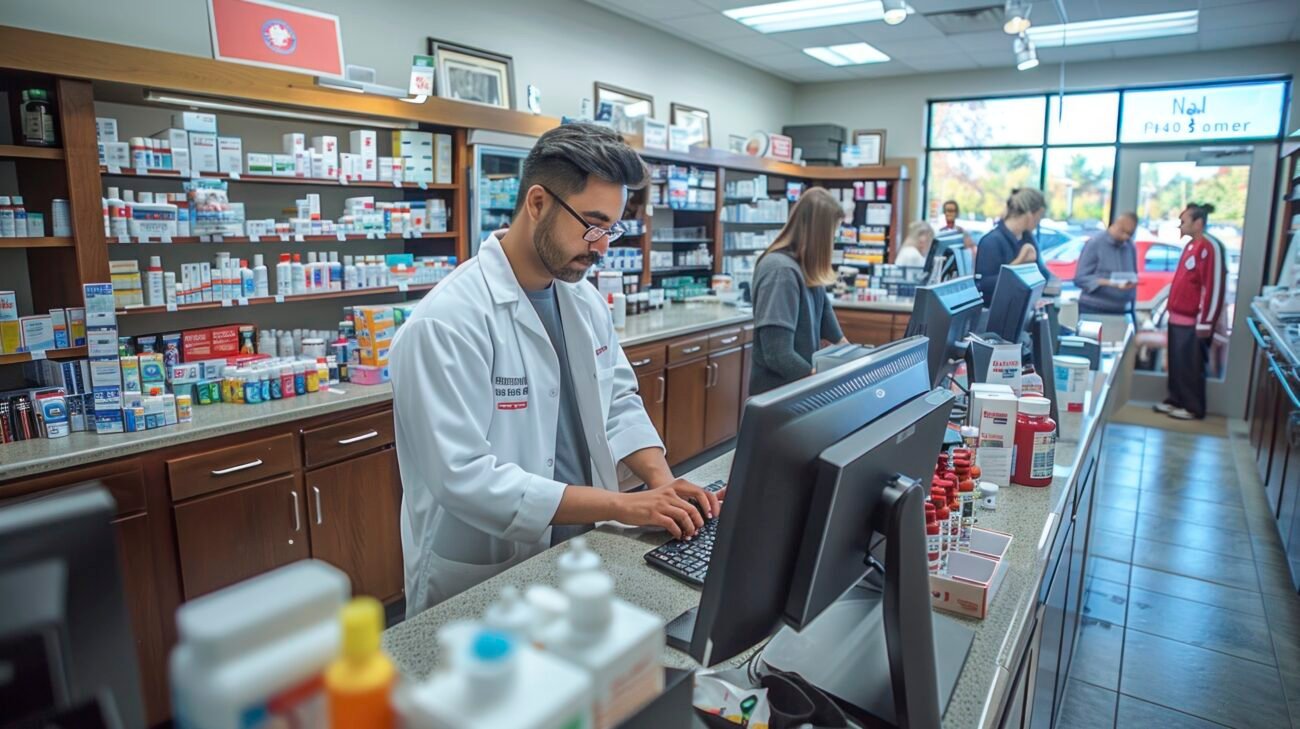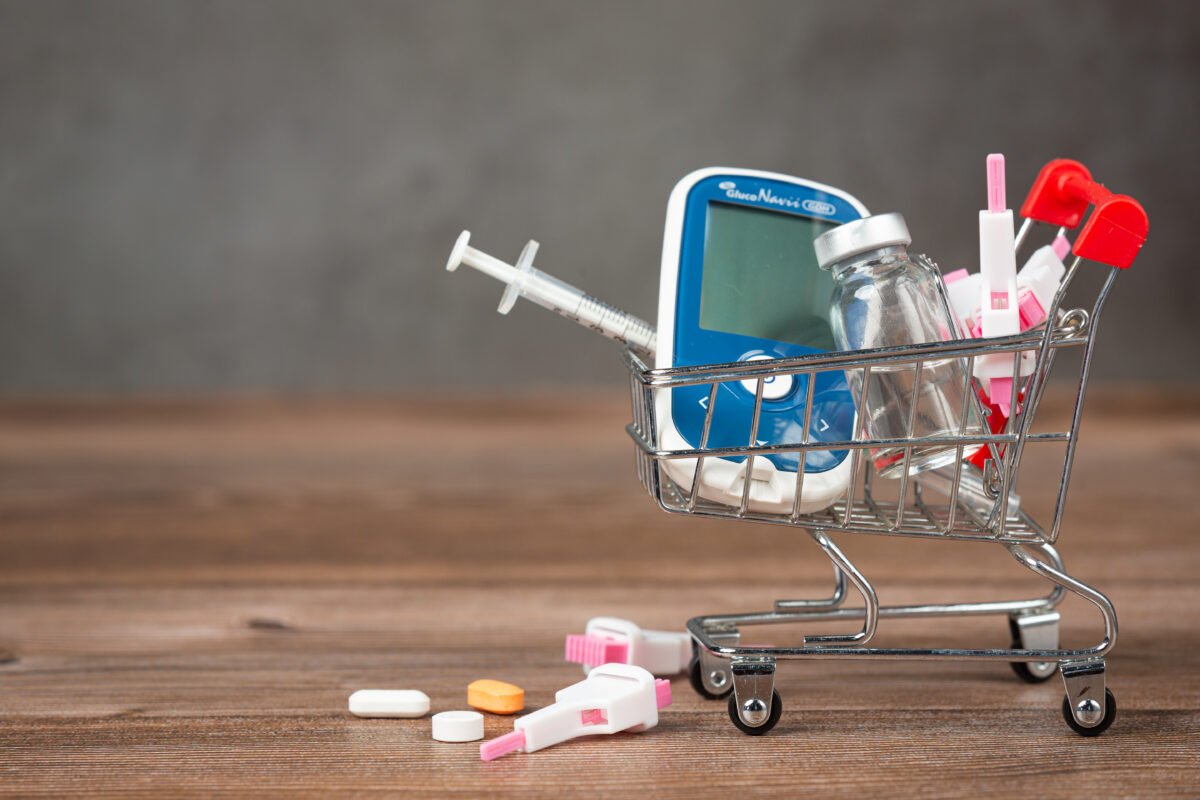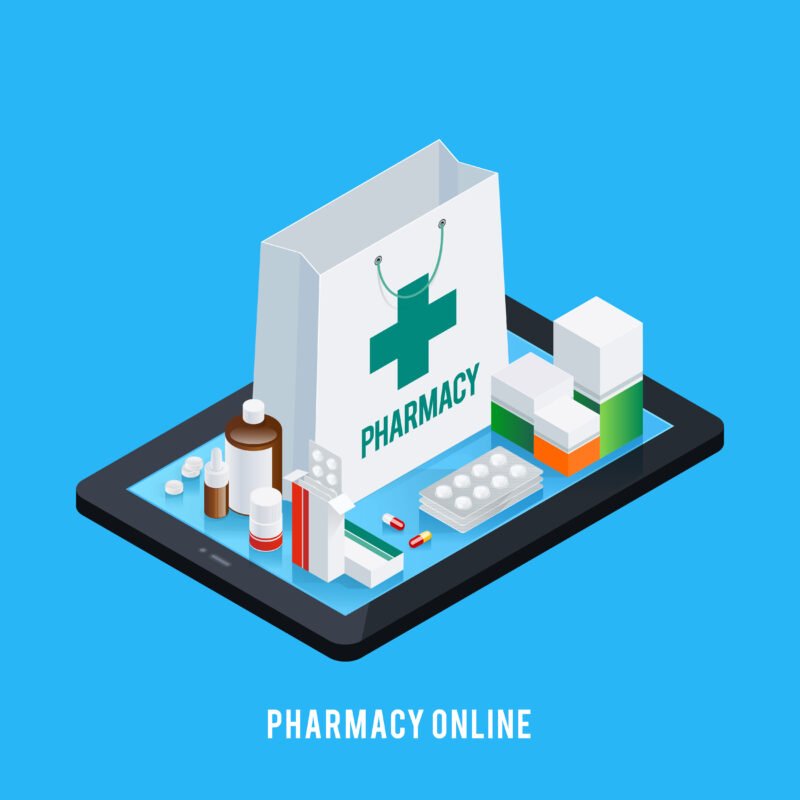The growth of online pharmacies in Pakistan is transforming healthcare by making it easier for people to access medicines from home. However, with this convenience comes a responsibility to ensure that these online pharmacies operate legally and ethically. Navigating the legal landscape is essential for both consumers and businesses to ensure safe and reliable healthcare. In this article, we explore the regulations and compliance measures governing online pharmacies in Pakistan.
The Rise of Online Pharmacies in Pakistan:
With digital access expanding across Pakistan, online pharmacies have emerged as a viable alternative to traditional brick-and-mortar stores. They cater to consumers who may lack easy access to nearby pharmacies or prefer the convenience of home delivery. While this growth is promising, it also poses regulatory challenges, as the online sale of medicines must be carefully monitored to prevent counterfeit drugs and ensure patient safety.
Why Regulations Are Essential for Online Pharmacies in Pakistan:
Regulations are critical in ensuring that online pharmacies provide safe, effective, and genuine medications. Without clear guidelines and regulatory oversight, there is a risk of unlicensed or unregulated pharmacies distributing counterfeit or low-quality products, which can endanger public health. Therefore, both the government and regulatory bodies have been working to establish a legal framework to oversee the operations of online pharmacies in Pakistan.
Key Regulatory Bodies Governing Online Pharmacies in Pakistan:
Pakistan Pharmacy Council (PPC):
The PPC is responsible for regulating and supervising the practice of pharmacy in Pakistan. It ensures that online pharmacies adhere to the required standards, employ certified pharmacists, and only sell approved medications. The PPC also verifies that pharmacies follow ethical practices and prioritize patient safety.
Drug Regulatory Authority of Pakistan (DRAP):
DRAP plays a crucial role in monitoring the pharmaceutical industry, including online pharmacies. DRAP oversees the licensing and registration of pharmacies, setting quality standards and enforcing regulations. Online pharmacies must obtain DRAP certification to operate legally and provide quality-assured medications to consumers.
Provincial Health Departments:
Provincial health departments collaborate with DRAP to oversee the implementation of drug laws and ensure that online pharmacies comply with local regulations. They monitor the sale, distribution, and safety of medicines within their respective regions.
Regulations and Compliance for Online Pharmacies in Pakistan:
Online pharmacies in Pakistan must follow a set of regulations to ensure they operate safely and legally. Here are the primary requirements:
Licensing and Registration:
All online pharmacies must obtain proper licensing from DRAP to operate legally in Pakistan. This license ensures that the pharmacy complies with national regulations and only distributes approved medications. Licensed online pharmacies are more likely to provide quality products and adhere to ethical business practices.
Prescription Requirement:
A legal online pharmacy in Pakistan must require a valid prescription for prescription medications. This ensures that medications are prescribed by a licensed physician and discourages self-medication, which can lead to serious health risks. Reputable pharmacies strictly enforce prescription requirements for prescription-only drugs.
Pharmacist Consultation:
Regulated online pharmacies in Pakistan employ licensed pharmacists who are available to assist customers with their questions and provide guidance on medication use. This consultation service is crucial for ensuring patient safety, particularly for those taking multiple medications or with specific health concerns.
Drug Quality and Authenticity:
To prevent counterfeit drugs, online pharmacies must source medications only from verified and licensed distributors. Quality control standards enforced by DRAP help in ensuring that the drugs meet safety standards. Customers should check for seals of authenticity and DRAP approval on the pharmacy’s website.
Secure Data Protection and Privacy Policies:
Since online pharmacies require personal and medical information to process orders, they must implement robust data protection policies. Pharmacies should follow secure payment methods and maintain strict confidentiality regarding patient information, in compliance with data protection laws.
Challenges in Regulating Online Pharmacies in Pakistan:
Preventing Counterfeit Drugs:
Despite regulations, counterfeit drugs remain a challenge, particularly with the rise of unlicensed platforms. To combat this, DRAP and other regulatory bodies are working to strengthen monitoring systems and conduct regular checks on pharmacies.
Public Awareness of Legal Online Pharmacies:
Not all consumers are aware of the differences between licensed and unlicensed pharmacies. This can lead to people unknowingly purchasing from unauthorized sites. Increased public awareness campaigns can help educate people on how to identify licensed online pharmacies and the importance of buying only from verified sources.
Adapting to Technological Advances:
With the rapid growth of e-commerce, regulators face the challenge of keeping up with technology. Developing digital tracking systems and updating regulations to address evolving e-pharmacy models are essential for efficient monitoring.
How to Identify a Legal and Safe Online Pharmacy in Pakistan:
Consumers can take certain steps to verify the legitimacy of an online pharmacy:
- Look for DRAP Certification: Always check if the pharmacy displays DRAP certification or other regulatory seals on its website.
- Verify the Prescription Requirement: A legitimate online pharmacy will request a valid prescription for prescription drugs.
- Seek Pharmacist Support: Look for pharmacies that offer access to licensed pharmacists for consultation.
- Read Customer Reviews: Check for customer feedback on platforms like Google or Trustpilot to gauge the pharmacy’s reputation.
Conclusion:
The rise of online pharmacies in Pakistan is a positive step toward greater healthcare accessibility. However, ensuring patient safety and medication quality requires strict adherence to legal and regulatory standards. By following the guidelines established by regulatory bodies, online pharmacies can continue to provide safe, convenient, and effective healthcare solutions. For consumers, verifying the legality and reputation of online pharmacies is essential to make informed choices and benefit from this evolving healthcare option.




